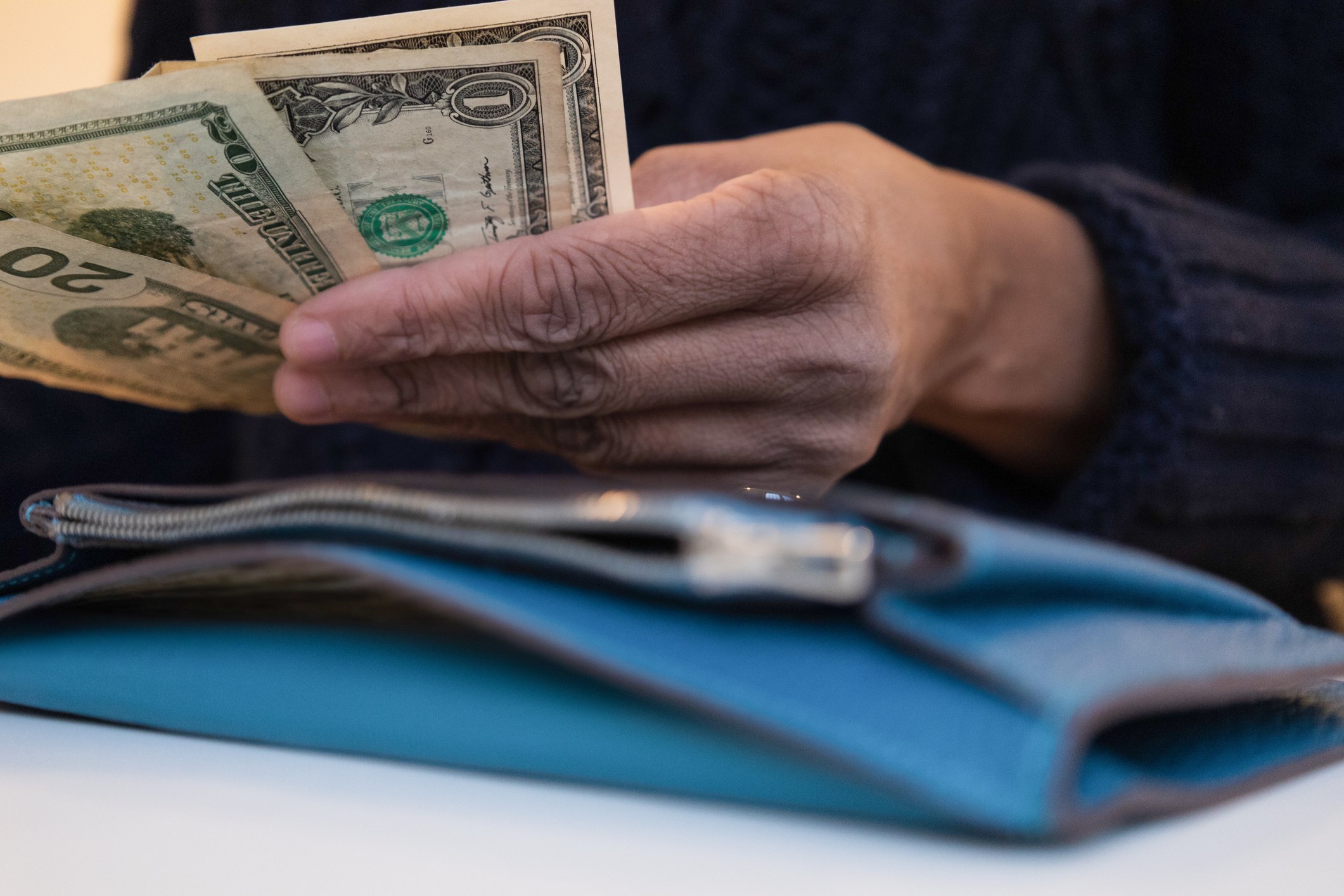
September 21 is Black Women’s Equal Pay Day, the day the average Black woman in America will finally—after nine extra months of work—catch up to the pay the average white man received in 2021.
I long for the day when everyone in our economy is thriving because it is just, fair and equitable. Imagine an economy that values gender parity and fosters control and influence from those who have been historically marginalized, particularly Black women. That economy would be inclusive, strong, and beneficial for everyone. Sadly, today is not that day.
An economy influenced by racial capitalism and the pandemic causes inequity to persist and deepen for women of color. On Black Women’s Equal Pay Day we commemorate systemic gender inequity faced by Black women not to establish average white male salary as the norm, but to call out the injustice in our economy—and move us to fix it.
And there is a lot to fix. As the overall gender pay gap shrank this year, Black women—as well as Native and Latina women, whose 2022 Equal Pay Days occur in November and December, respectively—fell further behind.
Measure this against the backdrop of what’s happening in the broader economy today, and the picture gets even worse. The effects of the COVID-19 pandemic have the U.S. on the precipice of a recession—average Americans feel the burden of inflation, price gouging, and rising rent and mortgage costs while the top 1% benefit from unprecedented corporate profits.
This reality affirms what many of us already know: Our economy is not working for everyone. The status quo in our economy continues to favor the wealthy and those with monied interests who wield outsized influence. If we are to make any progress toward a just, inclusive, multiracial economy and democracy, we must shift power toward Black women.
Black women’s work has always been undervalued. Throughout chattel slavery, Black women had no claim to the wealth their labor created. Our country’s first national labor law, the National Labor Relations Act of 1935, explicitly excluded agricultural and domestic workers, a large proportion of whom were Black.
Black women still labor under the long shadow of slavery and systemic racism. The proof is in our paychecks. In 2019, Black women lost $39.3 billion in wages compared to white men, due largely to occupational segregation. Over the course of 40 years of full-time work, a Black woman stands to lose almost $1 million compared to the pay of a white man.
The pandemic has only exacerbated the disparity. Women lost 1.4 million jobs, largely in industries in which Black women are overrepresented such as services and hospitality. And Black women workers have been yet again excluded from full economic recovery, facing unemployment rates that would still be considered recessionary if they were applied to all workers. The extremist Supreme Court added to this burden with the Dobbs v. Jackson Women’s Health Organization decision, which will devastate Black families who already face disproportionate economic burdens when it comes to bearing and raising children.
The institutional barriers that exclude Black women from economic security are the result of decades of deliberate public policy choices that hit women of color the hardest. These inequities can be rectified by shifting power from corporations to communities to ensure we are making equitable policy choices that benefit more than a corporate bottom line.
To remedy the economic injustice Black women experience, we must build worker power. This should include increasing the federal minimum wage, protecting and strengthening workers’ power to organize for better wages and working conditions, and banning the use of salary history in job applications because it perpetuates economic discrimination. We should also break up and regulate unaccountable corporate behemoths, whose rising power and racialized wage discrimination threaten Black women’s economic control.
We must invest equitably in public goods like schools, housing, and childcare. And we should establish models of co-governance that enable historically marginalized individuals to partner with their local governments to make decisions—for example, how best to use the funding made available by federal infrastructure and Inflation Reduction Act policies.
Many of these solutions call for widely popular policy tools that are available right now. It has never been a question of public want, but of political will. “Equal Pay Day” may sound like a celebration, but in reality, it is a call to action.
More Must-Reads from TIME
- Cybersecurity Experts Are Sounding the Alarm on DOGE
- Meet the 2025 Women of the Year
- The Harsh Truth About Disability Inclusion
- Why Do More Young Adults Have Cancer?
- Colman Domingo Leads With Radical Love
- How to Get Better at Doing Things Alone
- Michelle Zauner Stares Down the Darkness
Contact us at letters@time.com